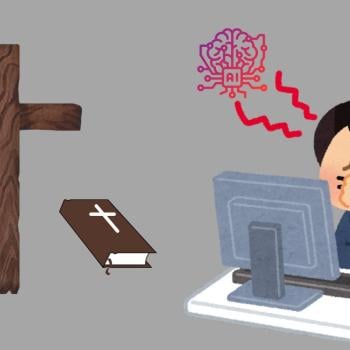The embrace of suffering exemplified by the Man of Sorrows had a practical implication at various periods of Christian history. Early disciples tended to plague victims in Rome because they no longer feared death. In its first centuries, the Church produced many martyrs who proclaimed their faith fearlessly as they were thrown to the lions. Christians tended to the poor, the sick, the outcast, often relinquishing power and titles and wealth. They built hospitals, they performed the corporal works of mercy, they healed soldiers on battlefronts. Their experiences suggest something timeless about the meaning of the Man of Sorrows: namely, that meditation upon suffering and death, far from being morbid, frees us to love generously when we ourselves experience these realities.
- Trending:
- Pope Leo Xiv
- |
- Resurrection
- |
- Trump
- |
- Social Justice
- |
- Peace
- |
- Pope Francis
Man of Sorrows
Page: 2 of 2
more at patheos





